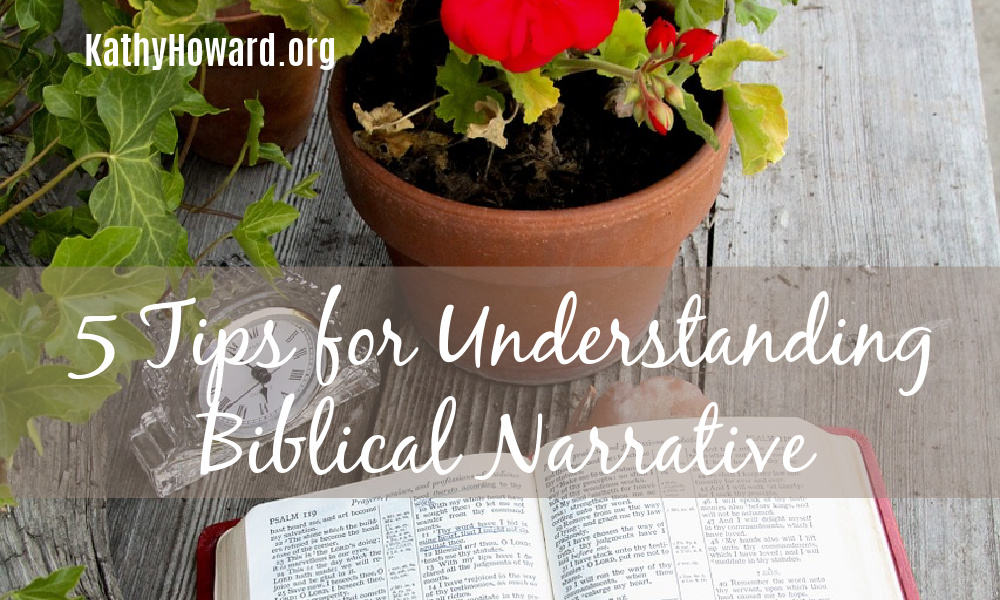I love to read. I read fiction and non-fiction. In fiction, I particularly like legal thrillers, biblical fiction, and historical fiction set in WW2. I also read lots of biblical commentary and theologically heavy non-fiction. I don’t handle all these types of books the same way.
For instance, I don’t use biblical fiction to shape my understanding of Scripture. When I read historical fiction, I can separate the historical facts from the fictional characters and story plots. I also understand that the commentaries I read are educated opinions on what the Scriptures say, but they are not inspired like the Bible.
The Literature Type Impacts Our Understanding
The type and form of the literature I read dictates how I should understand it. The same is true for the Bible. The Bible is literature containing multiple literary genres. Depending on how it’s broken down, God’s Word includes six to eight different genres. We cannot treat all these the same. The genre shapes how we should understand it. (See “How Biblical Genre Impacts Our Understanding” for an overview of the various biblical genres.)
Historical narrative is the most prominent form of biblical literature comprising about 40% of the Bible. It teaches us God’s truth through story. Biblical narrative includes the history books of the Old Testament, the book of Acts, and parts of the Gospels in the New Testament. (The Gospels are actually a unique blend of several literary forms – historical narratives, prose, parables, etc. For more info, see “4 Tips for Understanding the Gospels.“)
5 Tips for Understanding Biblical Narrative
- Look for what the story teaches us about God’s character, nature, and ways – God is the hero of every Bible story. The human characters are secondary. They are flawed people. But God is the perfect central character of every story in Scripture. As you read, watch for what the story teaches you about God. How He relates to mankind. How He works through people to fulfill His will. How He works through the events of history to carry out His purposes.
- Narrative is descriptive, not prescriptive – Biblical narrative tells us what happened, not necessarily what should have happened. It tells what the characters did, not necessarily what we should do. For instance, in Judges 6, God called Gideon to deliver the Israelites from the Midianites. But Gideon was afraid and doubted God would do what He promised. So, Gideon asked God for a sign to confirm His word – not once, but twice! (See Judges 6:36-40.) He tested God and His word. God patiently confirmed His word through Gideon’s test, but that doesn’t mean we should do the same.
- Look for implicit meaning – Narrative often teaches indirectly. The plot of every story isn’t God’s direction for us. For instance, God told Noah to build an ark, but that doesn’t mean we should build an ark. However, through Noah’s story, we do learn that God wants us to obey Him even when His directions don’t necessarily make sense to us.
- Narrative should not be treated allegorically – Scripture does contain some allegory. Jesus’ parables are one example. And there are instances where another biblical writer gives allegorical meaning to historical events under the inspiration of God. For instance, in Galatians 4:22-26, Paul gives allegorical meaning to Abraham’s two sons Isaac and Ishmael. But those instances are exceptions under the inspiration of the Holy Spirit. We don’t have the authority to see allegory wherever we choose in Scripture.
- Don’t make assumptions about things God doesn’t tell us – The stories of biblical narrative don’t always give us all the information we’d like to have. But we cannot “fill in the gaps.” God has given us what He wants us to have. Sometimes we have to accept that we just don’t know.
An Upcoming Chance to Study Biblical Narrative
I lead a daily Bible reading and discussion group for women on Facebook. On Friday, we will finish 10 weeks in Luke. Then we will begin the Old Testament historical book of 2 Samuel. The introduction to the book posts this Saturday, November 12th. Daily readings and discussion begin one week from today, Monday November 14th. I’d love for you to join in! The daily readings and discussion questions post at 5am central time so it’s available for whatever time works for you. Just pop in when you can during the day. Read the passage, think about the questions, read other’s comments, and comment only if you want. It is very casual, but also a very encouraging group! Here’s the link: “Reading the Bible Together.” Follow the link, request to join, and be sure to answer the three questions!
What’s your favorite story in Scripture? What does it teach you about God?
See also:
- “4 Tips to Help You Understand the Prophets”
- “8 Tips to Help You Understand the Epistles”
- “Plot in Biblical Narrative”



I’M LIKING WHAT I AM READING
Great thank you